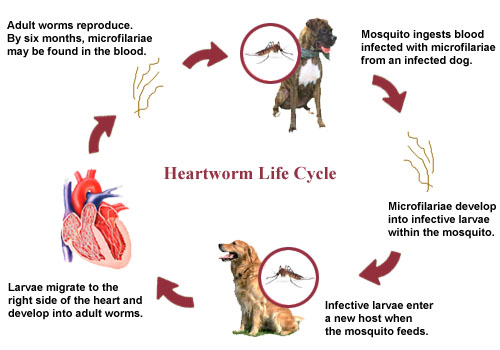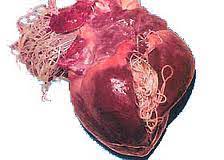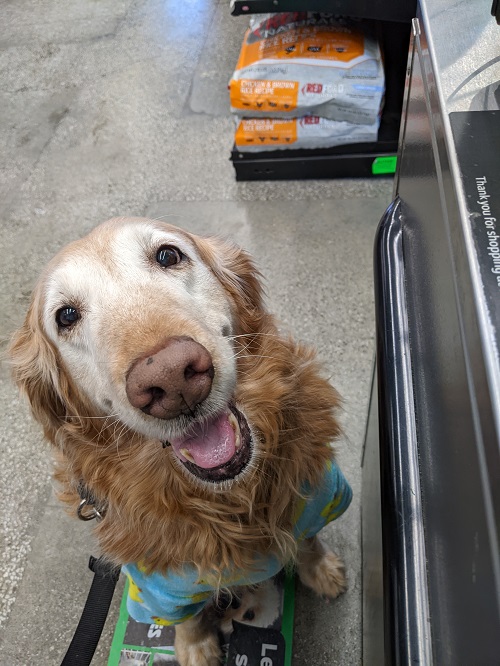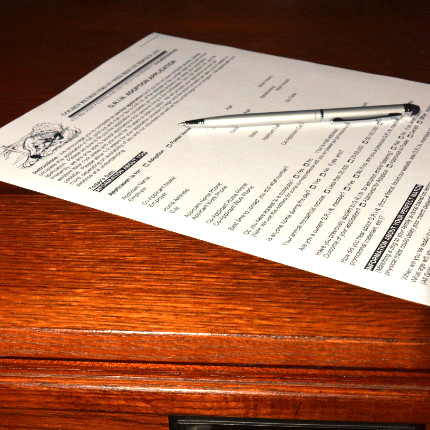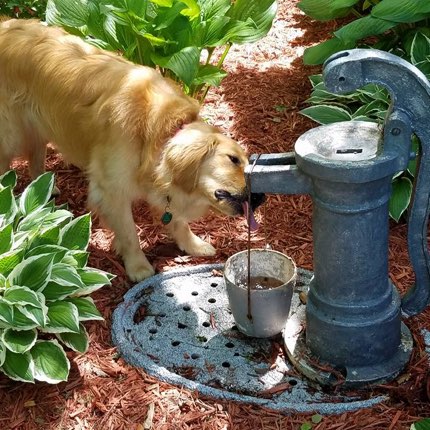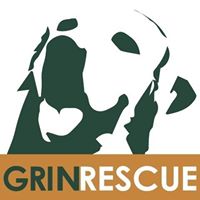GRIN receives many applications for dog adoptions. The most common reason applicants are rejected is based on the lack of heartworm prevention. To be approved to adopt from GRIN, potential adopters must be able to demonstrate year round heartworm prevention (unless their vet recommends otherwise). This is a standard requirement across all reputable dog rescues. This policy is for the safety and health of your dog.
Is heartworm prevention really a matter of life and death? YES IT IS! The dog is a natural host for heartworms, which means that heartworms that live inside the dog mature into adults, mate and produce offspring. If untreated, their numbers can increase, and dogs have been known to harbor several hundred worms in their bodies. Heartworm disease causes lasting damage to the heart, lungs and arteries, and can be fatal. This can absolutely be treated when it is diagnosed in time, but it is a long and arduous process that is costly and painful for your dog.
The topic of year-round versus seasonal heartworm prevention has been debated for many years. Mosquito season is unpredictable; sometimes we can have many warmer days earlier in the late winter and early spring, and the heat can also extend long into the typically colder months. Of course the risk is higher in the spring, summer, and early fall, when mosquitoes are more active, but mosquitoes can also be found indoors long after cold weather makes outdoor living impossible. If a dog is bitten by an infected mosquito late in the season and then skips his heartworm preventative through the winter months, this means that heartworm larvae are being allowed to grow unimpaired into adult worms, which cannot be killed by your regular heartworm preventative when you resume in the spring. As an added bonus, most heartworm preventatives contain additional medications that help to control other intestinal parasites. These parasites can be found in the soil outside year round, which means your dog’s heartworm preventative actually does double duty
Our personal journey: In November of 2022, my wife and I adopted Rosie from GRIN. She came into GRIN’s care in July of 2022. She was a puppy mill mama approximately 7 years old and heartworm positive. She started heartworm treatment which involved her first immiticide injection, antibiotics and STRICT CRATE REST for 30 days. A second and third immiticide injection was given on days 60 & 61. With each injection received, these dogs must spend the night at the veterinarian (1 night for the first treatment and 2 nights for the subsequent treatments). Strict crate rest was necessary for another 30 days. One month later, she was cleared to be spayed. The injections are deep. They are administered into the lumbar muscles at L3 & L5. Rosie developed trauma at the sight of injections that involved her having two masses removed (one the size of a walnut and one deeper under the muscle fascia the size of a golf ball). She had surgery in November to remove both of those and that resulted in drain tubes, more pain and more time of restricted activity. I am so happy to report that today, she is a happy, loving, sweet and active golden girl (picture included because she is adorable). Her road to recovery was long and required six months of pain, inactivity, hospital stays and surgery. The charges for her heartworm treatment totaled over $2,000 which did not include charges for her subsequent surgery. ALL of this could have been prevented by giving her the once monthly heartworm prevention!
